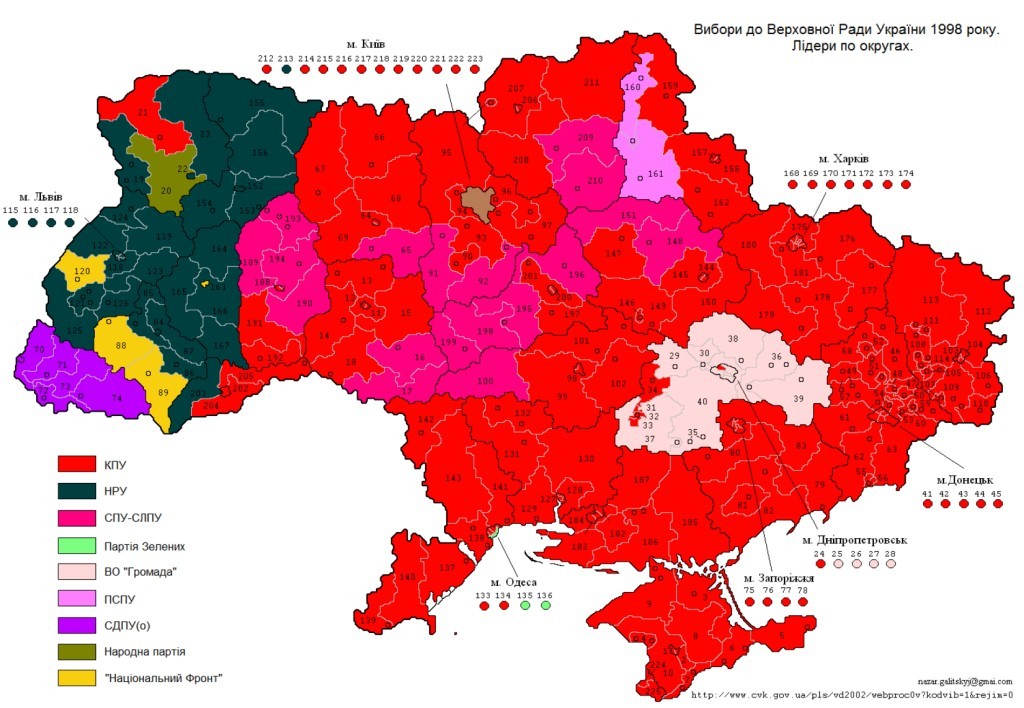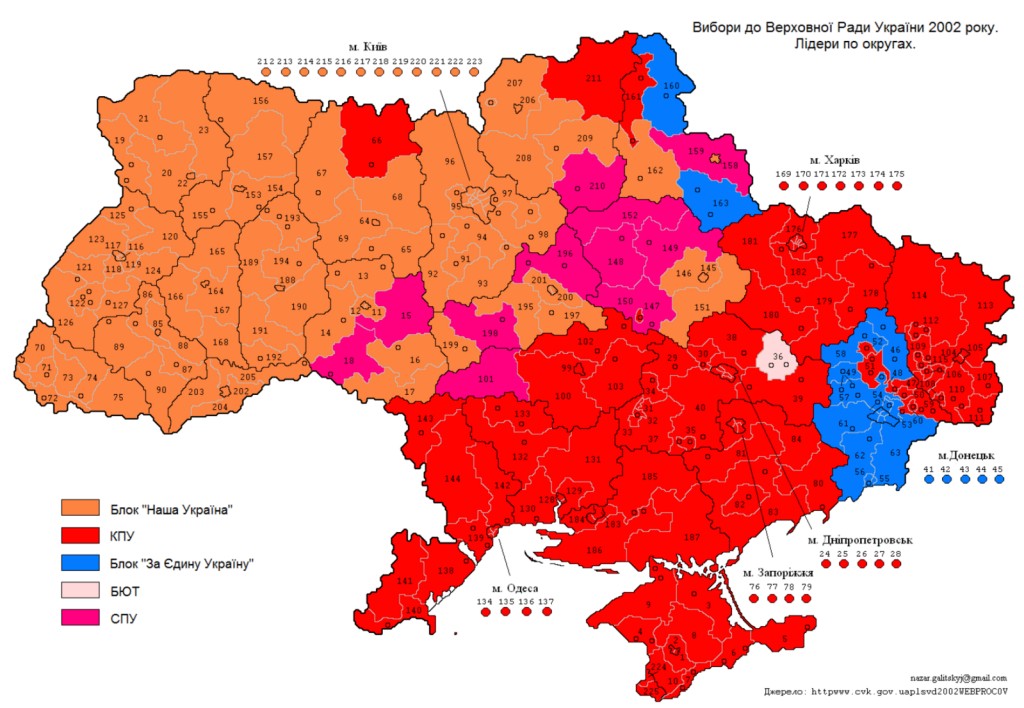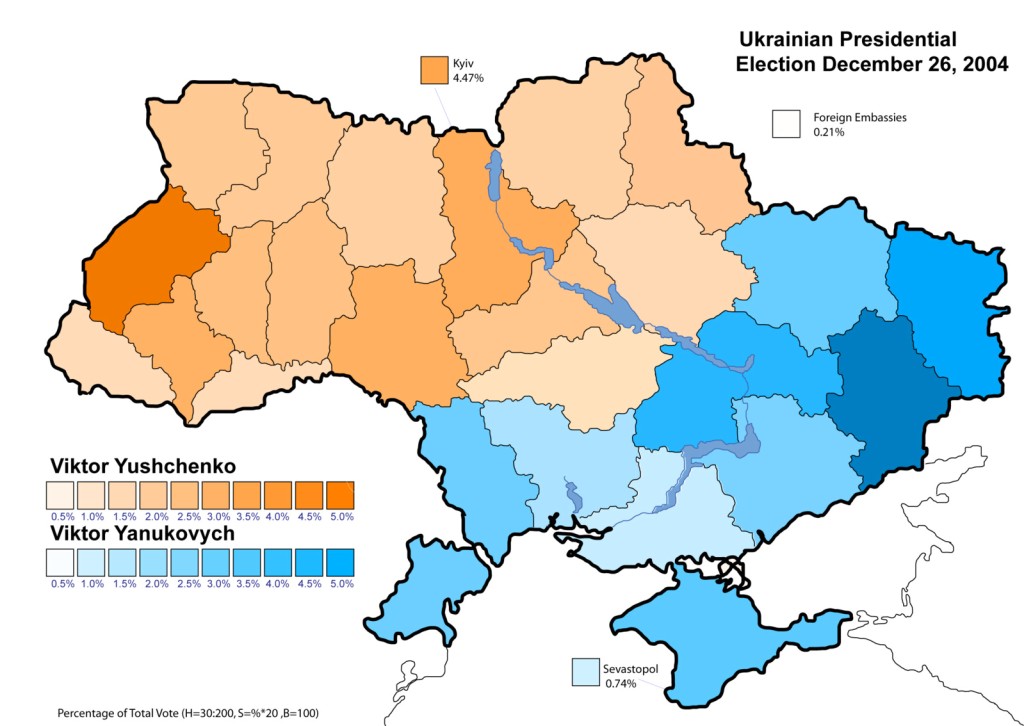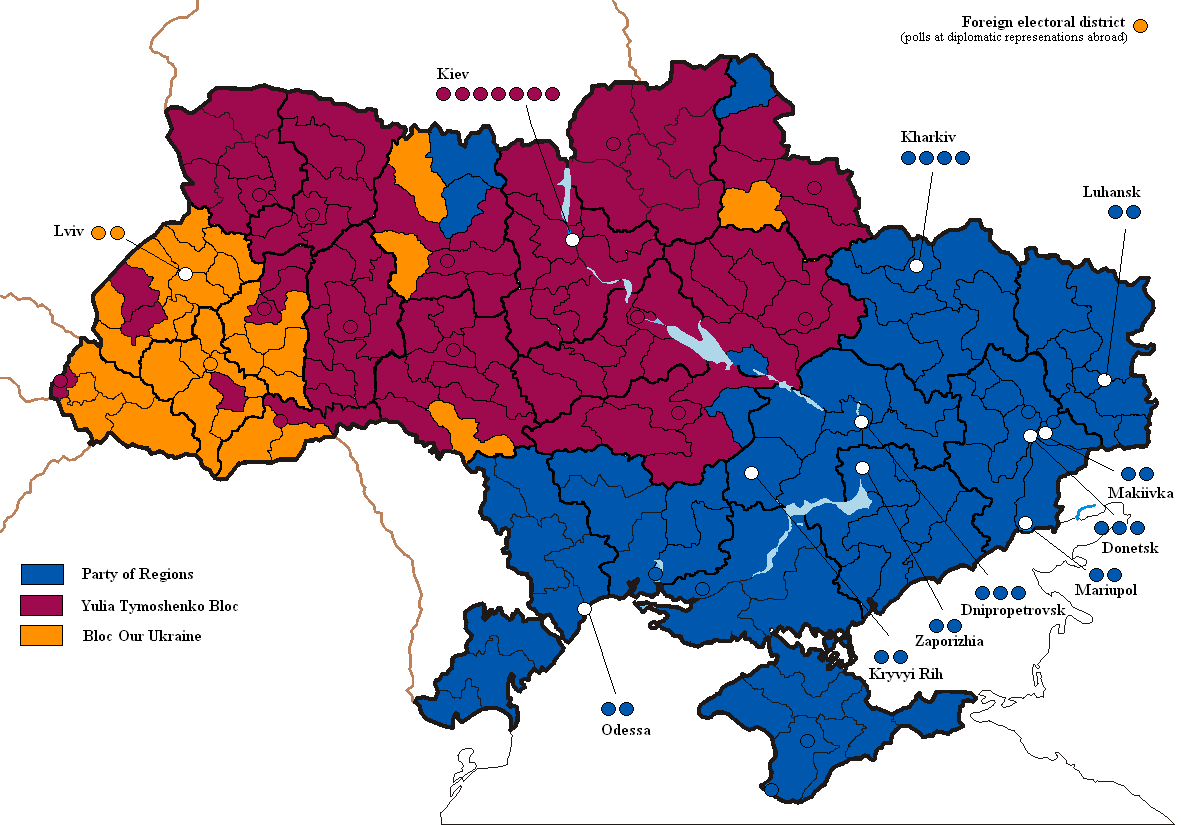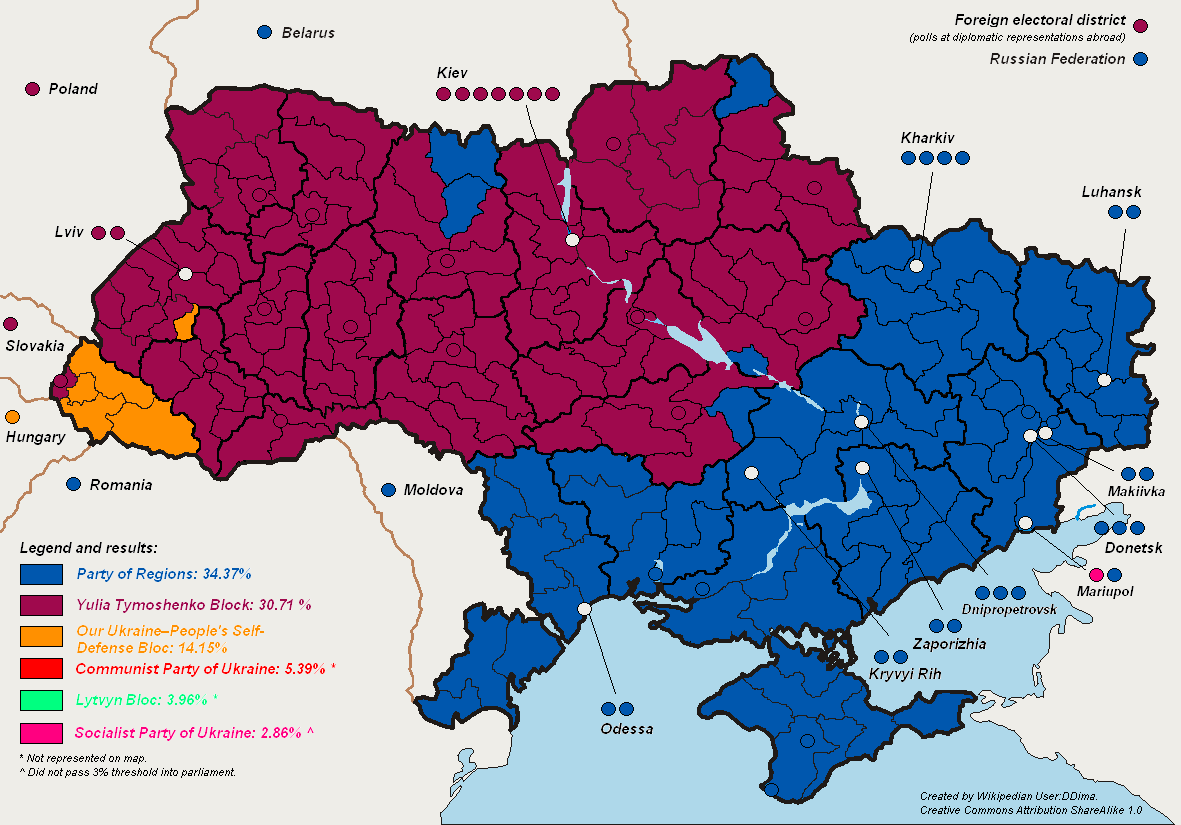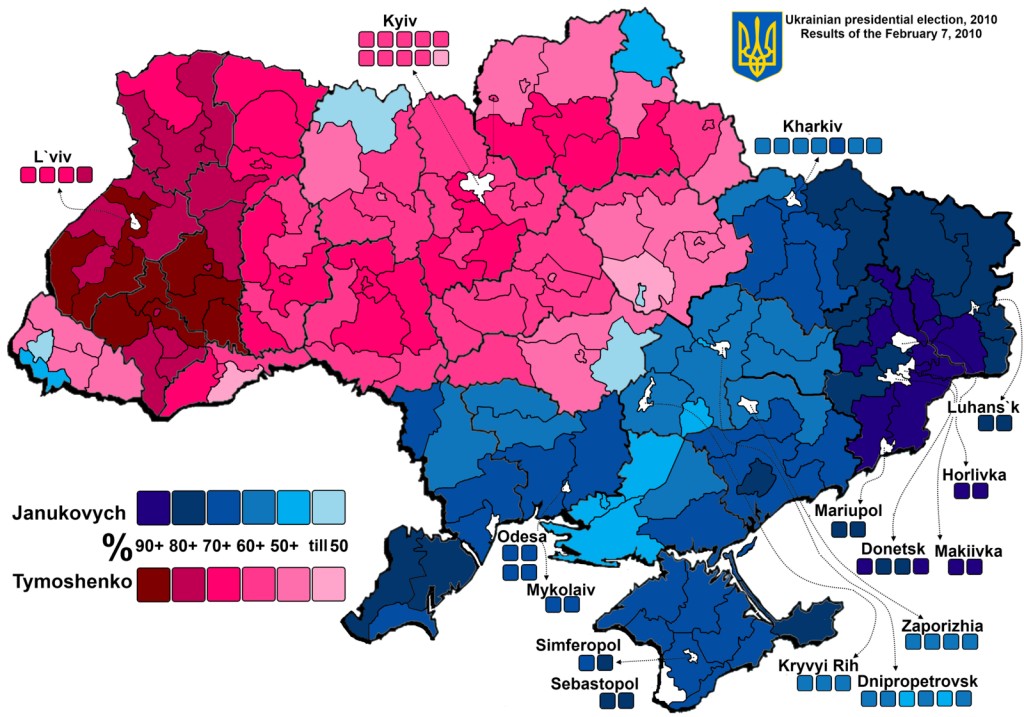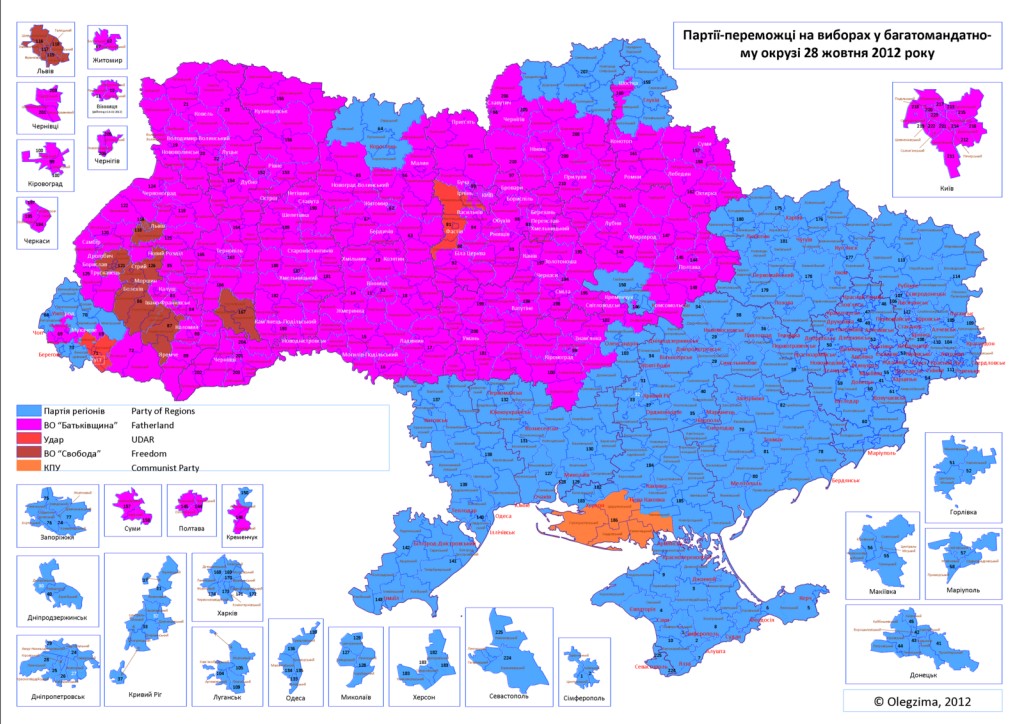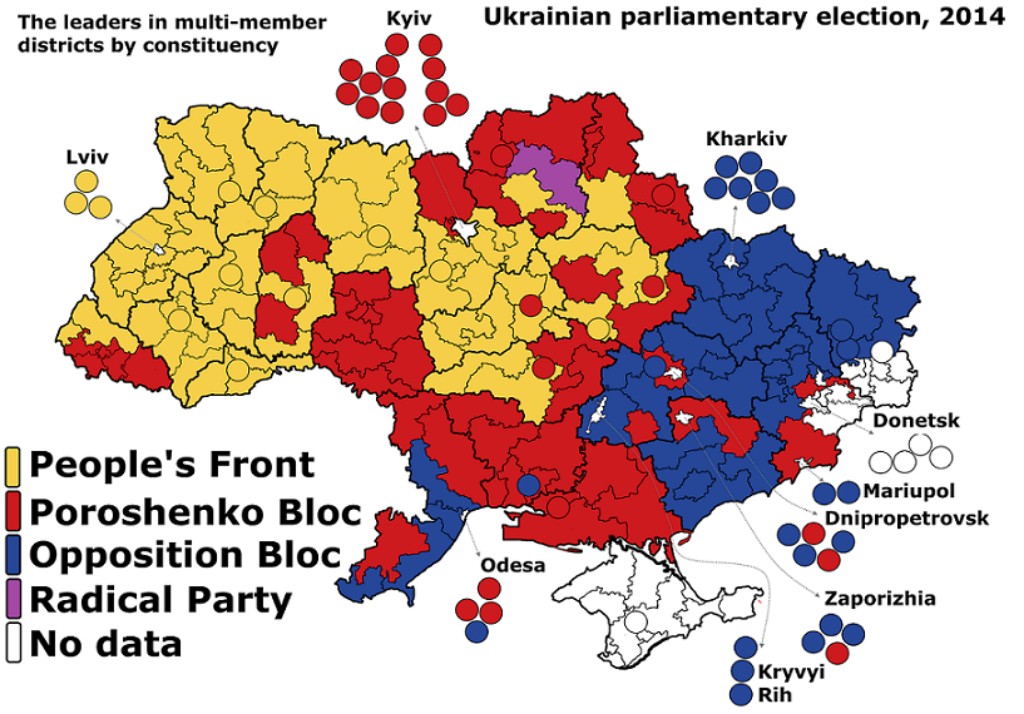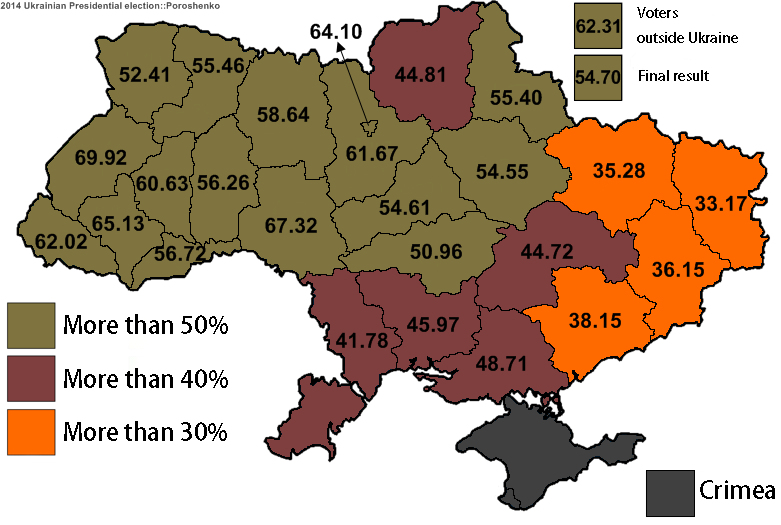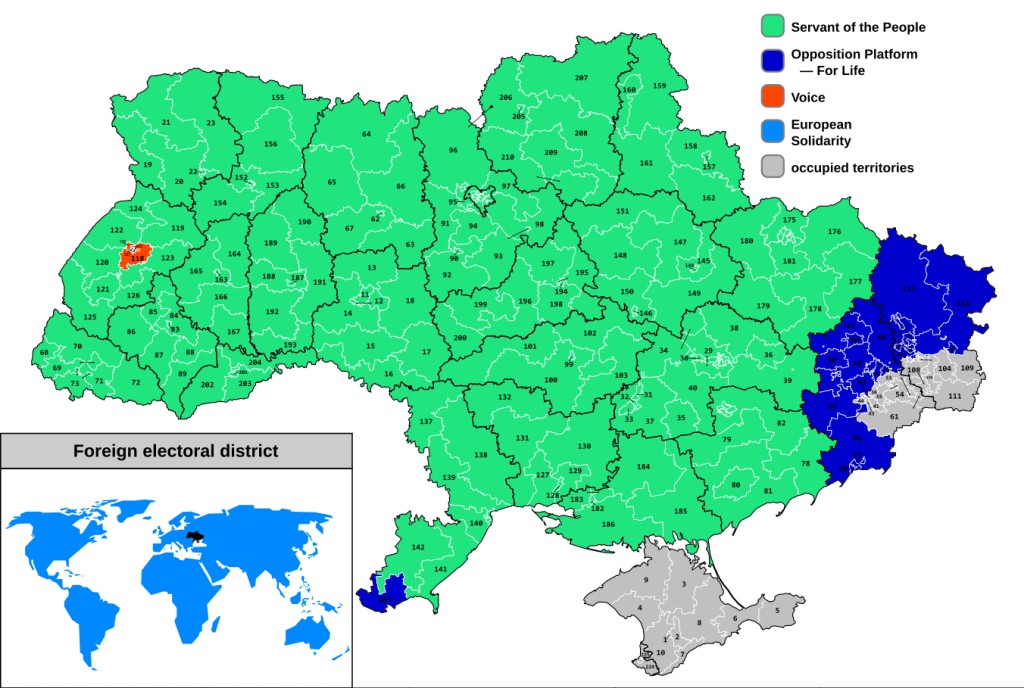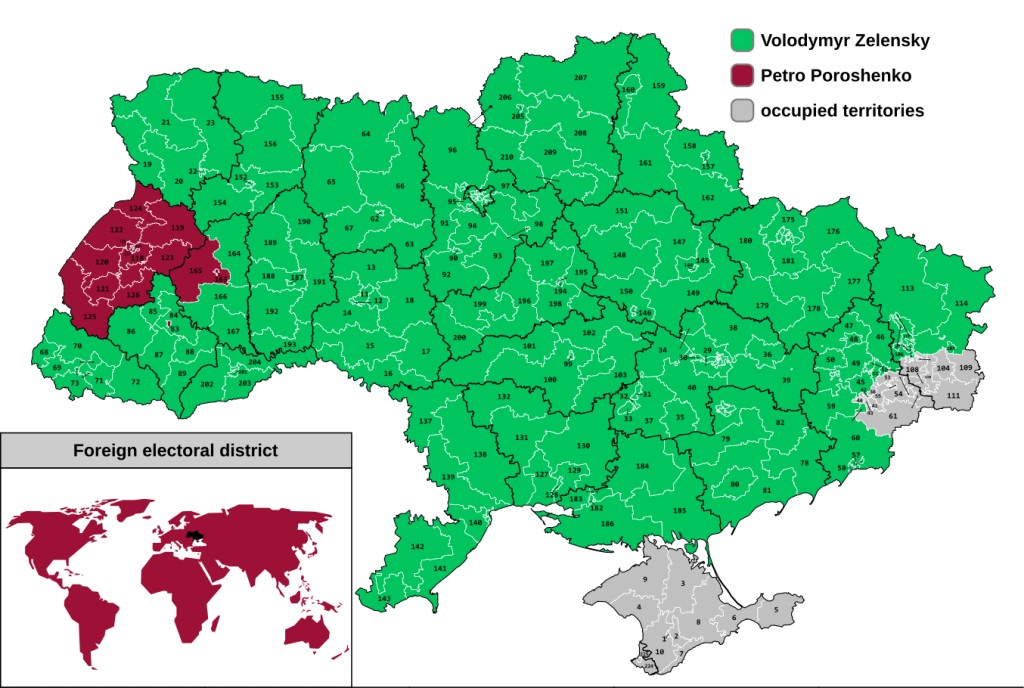15 Democracy in Ukraine
Knew that Hetmans were elected? Learn about the democracy in Ukraine and its many peaceful government transitions.
Referendum, Independence, Elections, Democracy, Ukraine, Zelenskyy
- In all regions of Ukraine a majority voted for independence
- Until russian invasion, Ukraine has had free elections and peaceful change of governments
- Ukrainians want full democracy as a EU member state
Pro-Russian propaganda labels Ukraine as an undemocratic, authoritarian, or even totalitarian country. By doing so, the creators of disinformation try to discredit the Ukrainian state and halt the support it receives from partner countries and even Ukrainians themselves.
However, Ukraine has no persecution of individuals based on religion, nationality, or language under its Constitution. People are free to use any language in their everyday lives and practice a religion of their choice. Moreover, if Ukraine had been under a totalitarian government or dictatorship, as Russians claim to call the Ukrainian government the “Kiev regime”1 it’s unlikely that the West would have extended its assistance to it.
15.1 Election of the Hetmans
Unlike Russian Zarism, Ukraine has a history with an early form of democracy: elected Hetmans, see Wikipedia.
15.2 Independence
Ukraine has declared its desire to separate from the Russian undemocratic regime long ago, see Wikipedia. The results of the 1991 Ukrainian independence referendum showcase the will of the people to live in an independent and democratic country.
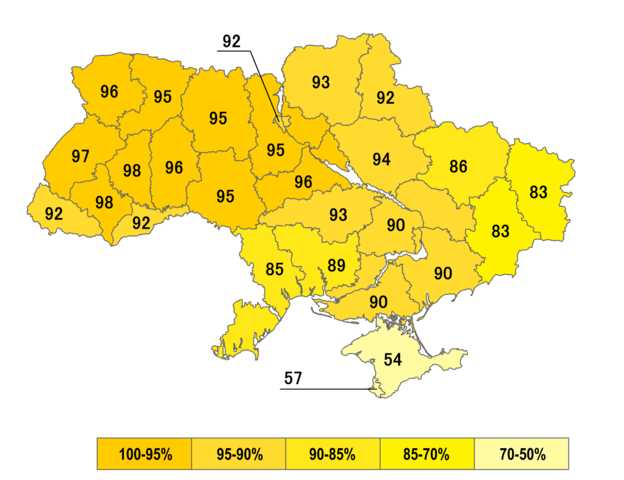
Source: https://commons.wikimedia.org/wiki/File:Ukr_Referendum_1991.png
15.3 Change of government
Unlike Russia, Ukraine has enjoyed several peaceful democratic changes of government since its independence, see Wikipedia.
15.4 EU Accession
Ukraine has a long path to go in terms of democratic reforms. This has been intensified by two major events - “Orange revolution”in 2004 against election fraud and “Revolution of dignity” (Maidan) in 2013-2014 against the refusal of the agreement with the EU.2
Significant strides have been made in enhancing democracy on a local scale, with the decentralization reform giving rise to ‘hromadas’, administrative entities at the local level that guarantee more resources and autonomy for community decision-making.
The biggest progress in democratic reforms is made due to the Ukrainian determination to integrate with the EU, see Wikipedia. Ukraine obtained the candidate status on the 23 of June 2022. The larger path of membership negotiations was outlined by implementing 7 criteria that were determined by the European Commission. According to the results of the fulfillment of the criteria by Ukraine, the European Commission recommended starting negotiations on entry on November 8, 2023, with technical reservations, regarding the criteria, where Ukraine is to achieve broader progress, namely in the fight against corruption3.
15.5 Regional Results
As in many other countries, there is a huge variability in regional election results in Ukraine over time for various reasons, disproving the Myth, that there would be a western-ukraininan and eastern-russian part of Ukraine that which would vote pro-Ukraine and pro-russia.4 Note particularly, that in the 2019 presdential elections, President Zelenski represents east-most parts of Ukraine even more than west-most parts.
Foreign Ministry statement on the Kiev regime’s latest terrorist attack on the Russian city of Donetsk. (2024, January 1). Ministry of Foreign Affairs of the Russian Federation. Retrieved May 2, 2024, from https://www.mid.ru/tv/?id=1924082&lang=en↩︎
Reduction in corruption levels in Ukraine after the Revolution of Dignity. (n.d.). https://voxukraine.org/en/reduction-in-corruption-levels-in-ukraine-after-the-revolution-of-dignity↩︎
Commission adopts 2023 Enlargement package, recommends to open negotiations with Ukraine and Moldova, to grant candidate status to Georgia and to open accession negotiations with BiH, once the necessary degree of compliance is achieved. (2023, November 8). European Commission. Retrieved May 2, 2024, from https://ec.europa.eu/commission/presscorner/detail/en/ip_23_5633↩︎



